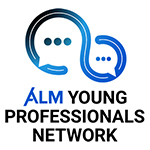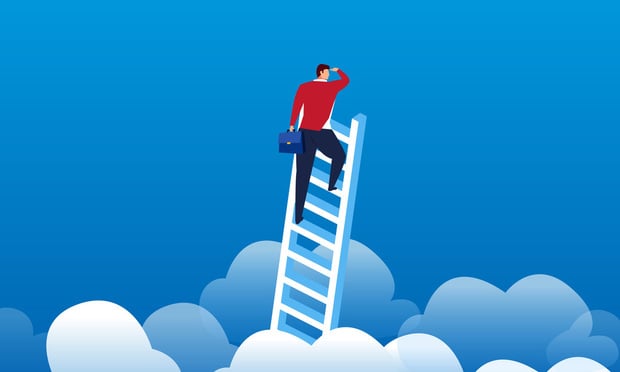David West, founding partner of Hill West Architects, New York
David West, FAIA, Founding Partner, Hill West Architects, is an architecture industry veteran with more than 35 years of experience. West has played a seminal role in the advancement of housing design and the high-rise apartment building typology in New York City, establishing national and international models for urban housing.
Area of focus: Residential housing design, New York City zoning, land-use approvals, including the ULURP process
 David West, Courtesy photo
David West, Courtesy photo Recommended For You
What has been the biggest challenge in your particular role? Learning not to try to be all things to all people and to trust and support others has been a rewarding challenge for me. I find in my role as partner of a large design firm, people expect me to know all matters of minutia. It took me a while to see my role as a director of people. My job is not necessarily about the details or even the specific outcomes, but to guide my team at Hill West to do great work.
What about your current role/position at the company are you most happy with? Several things come to mind. I get pleasure from directing large and complex design projects, particularly the design components rather than the managerial aspects. Of course, it takes a team of architects, designers and engineers to ultimately create and perfect the project, though I am able to keep an eye on the big picture issues that other people's roles and responsibilities might prevent them from seeing.
I also like being engaged in the larger development community and working on policy matters that are important to my business, and I still like to do deep dives on many of the zoning and predevelopment projects that we work on. This is my comfort zone. It lets me use a part of my brain that would atrophy if I didn't still get into the weeds from time to time.
What is the best piece of advice you have received that has helped you succeed in your industry? Embrace what you do well and build on that. Don't try to be someone or something you are not, even if others expect or encourage it.
Would you advise any younger person to begin a career in CRE and how does this advice differ from what you may have received when you were starting out?
I would advise young people to follow their passions, but to be sure there is a market for it. It's no fun at all to pursue a career if there isn't a reward.
I would also advise anyone starting out to pursue the necessary education and certifications that are typical in the industry. It's much harder to break through career barriers if you don't have the credentials, even though there are always exceptions.
I learned this only in hindsight. When I was beginning my career as an architect, I skipped over some of the standard academic pathways – I was so eager to "get started" in my career. Although I think I overcame the hurdles pretty well, it would have been quicker and easier if I had paid more attention to these industry standards at an early age.
Please share with us the best lessons learned or a surprising component of your unique journey. When I started out, my goal was to be a generalist, which is pretty common in this industry, but eventually I found myself down the path to become a zoning specialist. This wasn't at all what I set out to do, but I had an aptitude for this specialization and an opportunity presented itself, so I went for it. Ironically, this led me full circle because by being able to stand apart from others in the industry as an expert, I was ultimately able to leverage my expertise and become a generalist again in my current partnership role at Hill West.
In your opinion, what takeaways did we learn from the COVID-19 crisis? The big takeaway by far was how quickly and easily those in my industry adapted to remote work and meetings. I don't think this would ever have happened had it not been adopted by the entire industry all at once. Clients, developers and managers had to be dragged kicking and screaming out of the office in some cases. Making WFH work was only made possible due to technology. I doubt that we – or any other information-driven or creative business – will ever go back to an exclusively in-person system and we are now learning how to integrate some remote work into our business model. It works better for some people and tasks more than others, but I think some form of WFH is here to stay.
What three terms would you use to describe your work mindset?
- One step leads to another.
- Follow the path that presents itself.
- Never stop learning new things and keep your cool.
Find more CRE career advancement tips and inspiring stories from industry leaders in our Pay It Forward series.
 ALM's Professionals Network on LinkedIn, Advancing Future Leaders. We are excited about this pivotal group. Click here to join.
ALM's Professionals Network on LinkedIn, Advancing Future Leaders. We are excited about this pivotal group. Click here to join.
© Touchpoint Markets, All Rights Reserved. Request academic re-use from www.copyright.com. All other uses, submit a request to [email protected]. For more inforrmation visit Asset & Logo Licensing.








